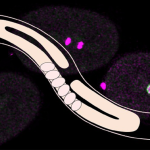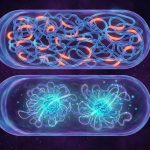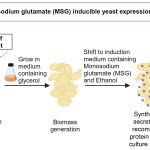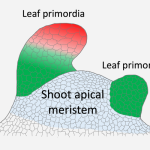
Mutations in proteins needed to maintain the structure of the yeast cell wall may weaken it, threatening the cell’s survival. A study published in the journal Genetics by researchers at the Department of Biochemistry has explored the role of a protein complex called cohesin.
Cohesins attach to various parts of the cell’s chromosomes, and help organise and distribute genetic material during cell division. A previous study in the journal PNAS by the team described a unique mechanism by which cohesin represses the expression of subtelomeric genes, even when they are present away from sites known to be silenced.
In the new study, the researchers found that yeast cells with mutations in cohesin proteins had distinctive characteristics. Their cell walls were resistant to an enzyme called zymolyase, and showed large depositions of chitin, known to fortify cell walls. They were also more sensitive to chemical inducers of cell wall stress and elevated temperature; interestingly temperature sensitivity could be remedied by altering the osmotic stress. This hinted at the presence of cell wall defects. A compensatory stress signalling pathway is activated in these mutants – important for their survival during elevated cell wall stress.
Cohesins, therefore, are vital for regulating both chromosome segregation during cell division and cell wall maintenance, independently.






